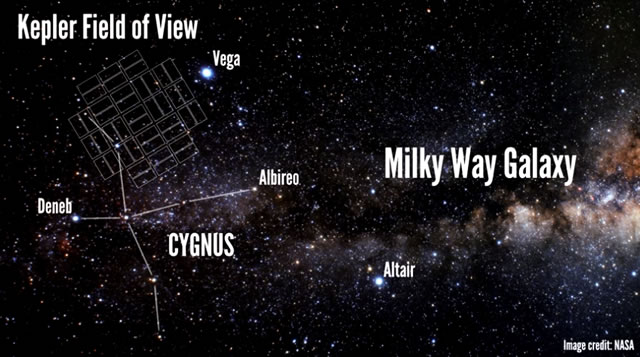
Nuova analisi scientifica si concentra sui “pre-sentimenti” e la capacità umana di anticipare il futuro prossimo.
Non sarebbe sorprendente scoprire se il nostro corpo fosse in grado di percepire ed anticipare eventi futuri che potrebbero essere molto importante per noi, anche se non c’è alcun indizio che possa indicare che questi eventi ci saranno davvero? Ciò che noi chiamiamo presentimenti, senza indizi esterni, esistono, secondo una nuova ricerca della Northwestern University che analizza i risultati di 26 studi pubblicati tra il 1978 e il 2010. I ricercatori sanno già che il nostro subconscio a volte sa molto di più della nostra mente cosciente. “Mi piace definire il fenomeno ‘attività anomala preventiva”, dichiara uno degli scienziati impegnati nello studio. “Il fenomeno è anomalo, perché non si può spiegare con l’attuale comprensione di come funziona la biologia, anche se le spiegazioni relative a recenti scoperte biologiche in ambito quantistico potrebbero avere un senso. E’ anticipazione, perché sembra di prevedere le future modificazioni fisiologiche in risposta a un evento importante, senza indizi noti, ed è una attività vera e propria perché si tratta di cambiamenti che avvengono nei sistemi cardiopolmonare, della pelle e del sistema nervoso.”
New Northwestern analysis focuses on “pre-feelings” and ability to anticipate the near future.
Wouldn’t it be amazing if our bodies prepared us for future events that could be very important to us, even if there’s no clue about what those events will be? Presentiment without any external clues may, in fact, exist, according to new Northwestern University research that analyzes the results of 26 studies published between 1978 and 2010. Researchers already know that our subconscious minds sometimes know more than our conscious minds. Physiological measures of subconscious arousal, for instance, tend to show up before conscious awareness that a deck of cards is stacked against us. “What hasn’t been clear is whether humans have the ability to predict future important events even without any clues as to what might happen,” said Julia Mossbridge, lead author of the study and research associate in the Visual Perception, Cognition and Neuroscience Laboratory at Northwestern. A person playing a video game at work while wearing headphones, for example, can’t hear when his or her boss is coming around the corner.“But our analysis suggests that if you were tuned into your body, you might be able to detect these anticipatory changes between two and 10 seconds beforehand and close your video game,” Mossbridge said. “You might even have a chance to open that spreadsheet you were supposed to be working on. And if you were lucky, you could do all this before your boss entered the room.” “I like to call the phenomenon ‘anomalous anticipatory activity,’” she said.
“The phenomenon is anomalous, some scientists argue, because we can’t explain it using present-day understanding about how biology works; though explanations related to recent quantum biological findings could potentially make sense. It’s anticipatory because it seems to predict future physiological changes in response to an important event without any known clues, and it’s an activity because it consists of changes in the cardiopulmonary, skin and nervous systems.”
Source/Continue reading → www.northwestern.edu





















